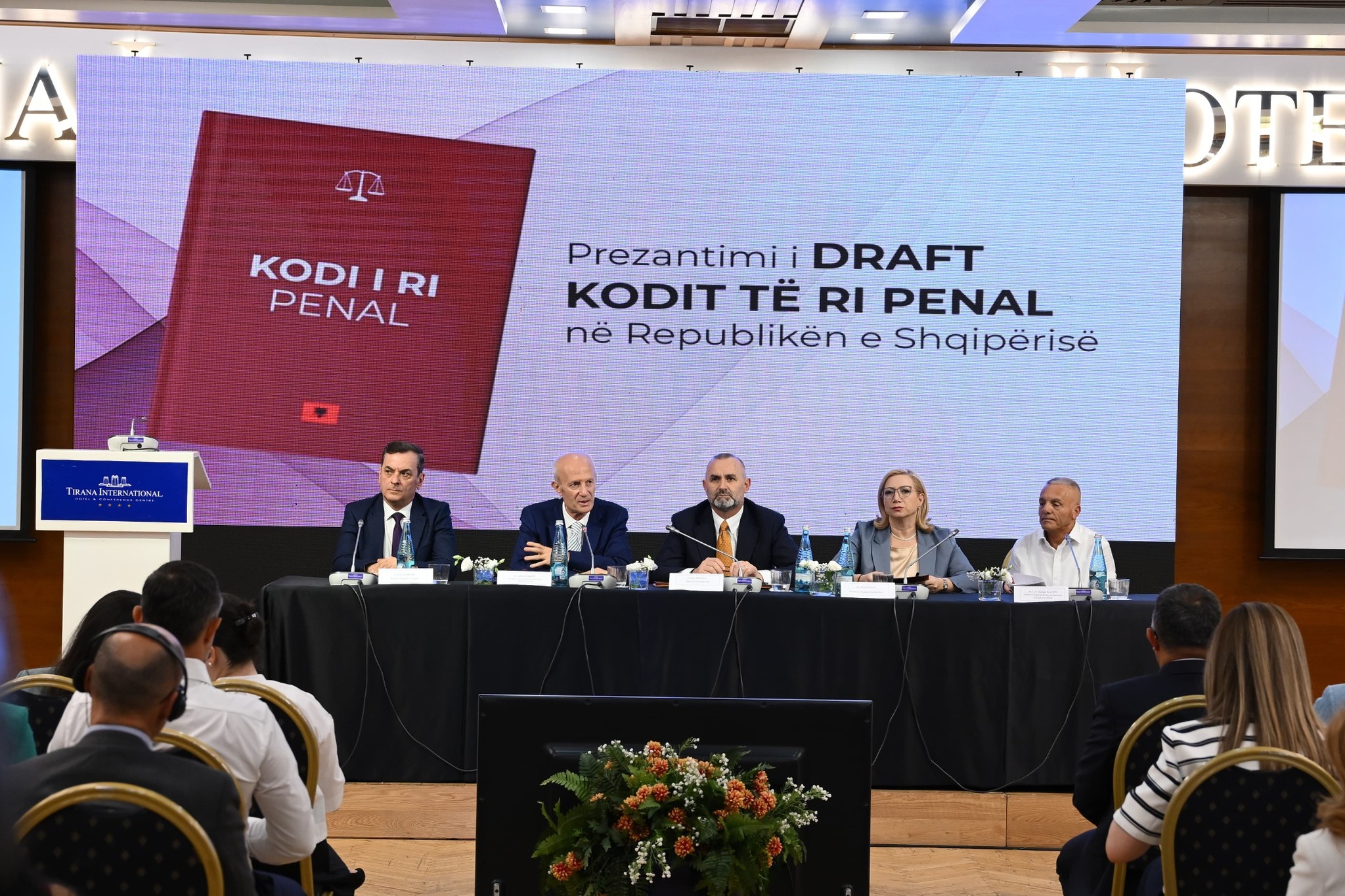Prosecutor General criticizes draft Penal Code as “repressive”

Albania’s Prosecutor General Olsian Çela has sharply criticized the draft of the new Penal Code, calling it “repressive” and questioning both its urgency and the methodology used in its preparation.
Why is this important: The proposed amendments, drafted by a group of legal experts and supported by the Albanian government, have been submitted to Parliament for debate. However, the draft has not received support from any of the institutions within the justice system, including the prosecution and judiciary. Çela’s remarks signal growing institutional concern over reforms that could reshape Albania’s criminal justice framework.
Context: Çela’s comments came during a hearing before the Parliamentary Committee on Legal Affairs, where he presented the annual report of the prosecution’s work alongside SPAK Chief Altin Dumani.
Responding to questions from MPs, Çela argued that the draft lacks “serious critique” and warned that the justification given — aligning with EU integration requirements — is unfounded:
“We have cooperated successfully with international partners under the current Penal Code, and no problem has ever arisen in this regard.”
He added that while the existing Code could benefit from updates to specific provisions, there is no need to alter its fundamental principles.
On pre-trial detention: Çela also raised concerns about the excessive use of pre-trial detention orders, calling for a more balanced approach to security measures — an issue he said remains unaddressed among prosecutors.
Ironically, SPAK — the Special Anti-Corruption Structure — leads in the number of pre-trial detention cases. High-profile figures such as Tirana Mayor Erion Veliaj and former President Ilir Meta are currently held under this measure.
SPAK Chief Altin Dumani, on the other hand, appeared less troubled by the statistics, focusing instead on the possibility of a second mandate for SPAK prosecutors, who currently serve a non-renewable nine-year term.
Meanwhile, the OSCE Ambassador to Albania, Michel Tarran, expressed similar concerns in a meeting with High Court Chairman Sokol Sadushi, announcing that the OSCE is preparing a roundtable on alternatives to detention and more humane approaches to justice.


